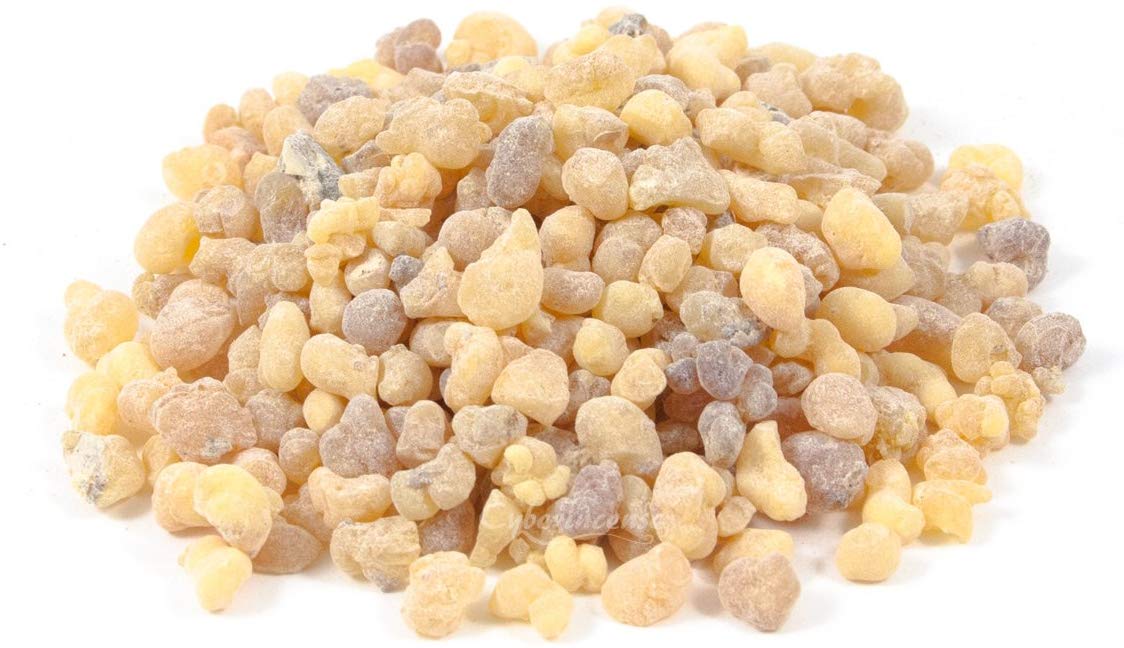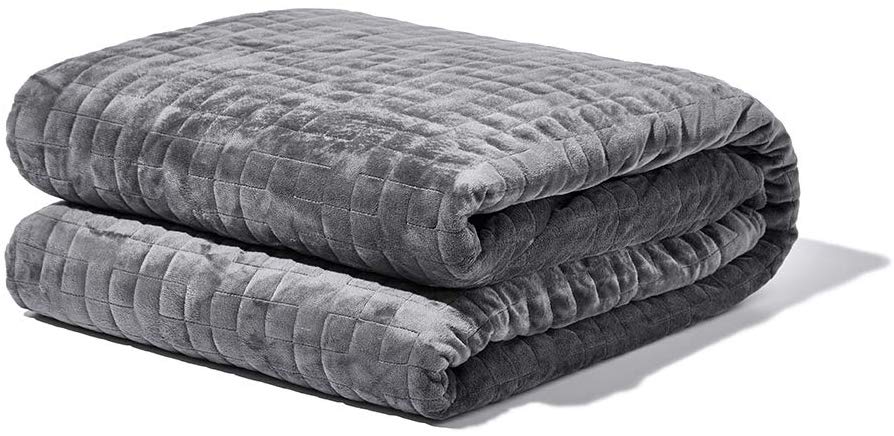Best Ten Uses and Myths of Frankincense
Made from the resin of the Bosweilla tree which grows in the dry high altitude regions of Africa, India, and the Middle East, frankincense, also known as olibanum, has many beneficial uses and is associated with a few common myths.
10
Myth: Improves hormonal balance.
Although no research confirms it or proves it incorrect, frankincense is claimed to delay menopause and reduce PMS symptoms such as cramping, headaches, nausea, and mood swings.
9
Myth: Prevents diabetes.
There was one study that showed that frankincense helped lower blood sugar levels, however, other studies have shown it has no effect.
8
Myth: Enhances fertility.
Frankincense was shown to increase fertility in rats in an experiment, however, no studies have been conducted in humans, so it is impossible to say for certain whether there are any effects.
7
Myth: Improves memory function.
Likewise, frankincense, administered in large doses, has shown to be effective in increase the memory function of rats, however, there have been no studies conducted in humans to date.
6
Myth: Promotes heart health.
There are no human studies that show that frankincense improves heart healthy, however, it does have anti-inflammatory effects which can possibly reduce inflammation which is common in heart disease.
5
Benefit: Maintains mouth health
The boswellic acid in frankincense helps stop bad breath, cavities, canker sores, and toothaches through its antibiotic properties.
4
Benefit: Can potentially fight cancers
It is thought that the boswellic acid in frankincense can help stop cancer cells from replicating and spreading. Various test tube studies suggest frankincense may be able to fight various types of cancer such as prostate, pancreatic, skin, colon cancer, and breast cancer. Another study has shown that it can help reduce the side effects of cancer as well. A study conducted by the University of Kansas City and others has shown that people with a brain tumor who took 4.2 grams of frankincense each day experienced a reduced accumulation of fluid in the brain.
3
Benefit: Improves stomach function
The anti-inflammatory properties of frankincense may help your stomach function. There is promising evidence that frankincense can help reduce the symptoms of a number of stomach related ailments such as Crohn’s disease and ulcerative colitis.
In one study, frankincense was just as effective as the pharmaceutical drug mesalazine at reducing the symptoms of Crohn’s disease. Another study was conducted with people that suffer from chronic diarrhea who were given a high dosage of boswellia and the results were that more people who were given boswellia were cured than the control group.
Either way, more research needs to be conducted with a larger sample group to make any definitive claims about frankincense’s effectiveness at treating these ailments.
2
Benefit: Can help arthritis
One of the main causes of arthritis pain is swelling. The anti-inflammatory properties of frankincense have shown to reduce joint inflammation in both RA and osteoarthritis. Various test tube studies and animal studies have shown that boswellic acids present in frankincense may be just as effective as non-steroidal anti-inflammatory drugs, but with fewer side effects.
1
Benefit: Improves Asthma
Frankincense has been used to treat both asthma and other respiratory illnesses for centuries and perhaps this use is what it is best known for. Modern research has shown that frankincense can help stop the body’s production of leukotrienes which are the cause of the constriction of the bronchial muscles in asthma patients.
In one study, a vast majority of the patients reported improvements in their asthma symptoms after taking a 300 mg dosage of frankincense three times a day for a period of six weeks.
A dosage of 1.4 mg per pound of body weight has also shown to improve overall lung capacity and reduce the frequency of asthma attacks for severe asthma sufferers.
Recommendations:
Finding quality supplements can be a difficult task. Not all supplements are created equal. If you are interested in purchasing some frankincense, here are our top recommendations for various products:
- Essential Oil – Organic Frankincense Essential Oil (100% Pure – USDA Certified Organic) – 10ml ($7.99 at time of publication).
- Pure Resin – Govinda Frankincense Natural Resin Pea Size 1lb ($13.95 at time of publication).
- Lotion – Indigo Wild Frankincense & Myrrh Zum Rub, 2.5oz ($9.01 at time of publication).
Other Interesting Information:
- The value of frankincense has been recognized for more than 6,000 years when it began to be traded on the Arabian Peninsula.
- Silver and Horaji are considered to be the best and highest grades of frankincense.
- Frankincense and Myrrh were gifts from the magi presented to Jesus as referenced in Matthew 2:11.
Dosing:
- Asthma – 300-400 mg, 3x per day
- Gingivitis – 100-200 mg, 3x per day
- Arthritis – 200 mg, 3x per day
Check with your doctor before taking any dietary supplements.
Side Effects:
Just like about anything you put into your body, there are possible side effects. Some of them include:
- Nausea and acid reflux.
- Some research has shown taking frankincense can increase the risk of miscarriage, so pregnant women probably should avoid it.
- There are some drug interactions, especially with anti-inflammatory drugs and blood thinners. It is best to check with your doctor for additional information.
Reference:
- Asthma Study – https://www.ncbi.nlm.nih.gov/pubmed/27117114
- Stomach Function Study – https://www.ncbi.nlm.nih.gov/pubmed/11215357
- Mouth Study – https://www.ncbi.nlm.nih.gov/pubmed/21992439/
Best Ten Everything may get a commission from any purchases made on Amazon.



